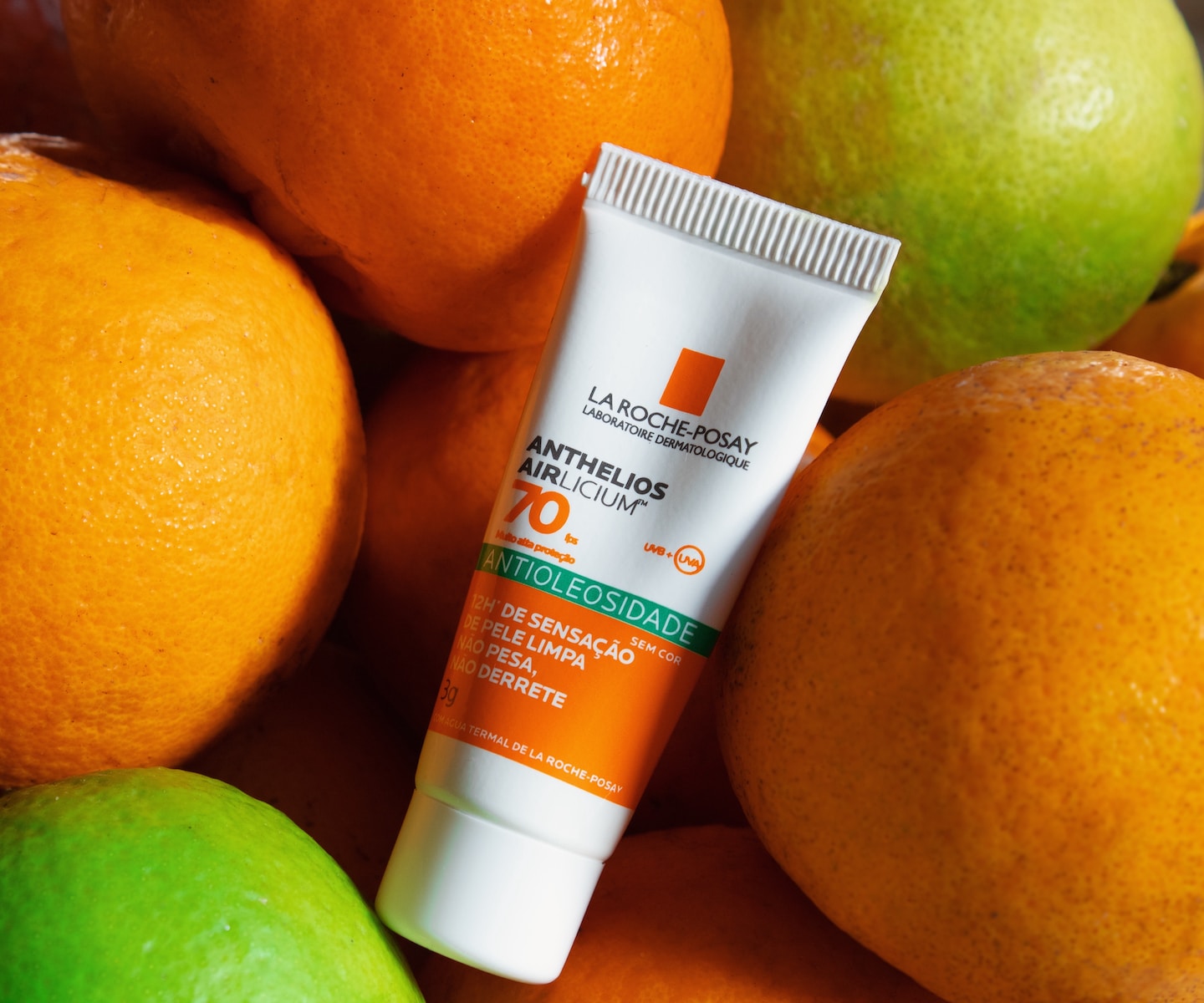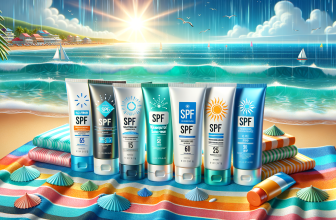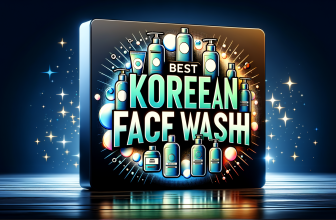
When expecting a child, there are countless considerations to keep top of mind, and somewhere towards the top of that list should be protecting your skin from the sun. Have you ever wondered, amidst the multitude of choices, which sunscreen is the best for pregnancy? This guide is designed to arm you with the information necessary to make an educated decision, ensuring you and your growing family remain safe from harmful UV rays.
Our Top Picks
With so many products on the market, it can be overwhelming to find the right sunscreen that’s safe and effective during pregnancy. To simplify your search, we’ve picked the top 5 sunscreens, scrutinizing their ingredients, effectiveness, and user feedback.
Our #1 Top Pick: Belli Skin Care Pure Radiance Sunscreen SPF 30
This mineral-based sunscreen is a standout, earning our top spot for various reasons. It is specifically formulated for expectant mothers, considering their sensitive skin. Belli Skin Care Pure Radiance Sunscreen SPF 30 uses zinc oxide as its active ingredient, which is considered one of the safest options for both mother and baby. It’s free of chemical sunscreens, fragrance, parabens, and dyes, offering broad-spectrum UVA/UVB protection. Users love its light feeling on the skin and how it doesn’t leave a white residue.
Pick #2: Thinkbaby Safe Sunscreen SPF 50+
Although the Thinkbaby brand may suggest it’s designed for the little ones, it’s equally beneficial for adults, including pregnant women. Its formula boasts a 20% concentration of non-nano zinc oxide, providing excellent sun protection without exposing the user to harmful chemicals. It’s a broad-spectrum, water-resistant sunscreen that’s also free of biologically harmful elements like avobenzone, oxybenzone, and UV chemical absorbers. It goes on easily and is noted for its non-oily formula, a big plus for many pregnant users dealing with skin texture changes.
Pick #3: Earth Mama Mineral Sunscreen Lotion SPF 40
A brand that has long been a friend to mothers, Earth Mama extends its product line to include a pregnancy-safe sunscreen. Their Mineral Sunscreen Lotion SPF 40 is a chemical-free option, featuring reef-friendly ingredients, which include organic colloidal oatmeal and organic shea butter, aiding in moisturizing sensitive skin. Users consistently applaud this sunscreen for its gentle, non-irritating formula, and the lack of artificial fragrance makes it a safe choice for a growing baby.
Pick #4: Badger SPF 35 Zinc Oxide Sunscreen Cream
Badger’s sunscreen offers simplicity and effectiveness in its ingredient list. The protection comes from uncoated clear zinc oxide – a naturally occurring mineral. It’s also rich in organic ingredients, ensuring a lower likelihood of any skin reactions. The cream is not just designed for the environmentally-conscious but also for the health-conscious, as it’s free of any synthetic chemicals, dyes, and fragrances – making it perfect for pregnancy. Despite its thickness, users find that it rubs in well and provides long-lasting sun protection.
Pick #5: Sun Bum Mineral SPF 50 Pregnancy-Safe Sunscreen Lotion
With a name that you can’t miss, Sun Bum offers a mineral-based sunscreen lotion that ticks all the boxes for pregnancy safety. Sporting a blend of zinc oxide and titanium dioxide, it’s hypoallergenic and tailor-made for sensitive skin types. It’s also vegan, cruelty-free, and free of parabens. Parents-to-be applaud this sunscreen for its smooth application and how comfortably it sits on the skin without triggering any adverse reactions.
What to Know Before You Buy
There are a few critical aspects you should be aware of before you add any product into your pregnancy care routine:
- Broad-spectrum coverage: Always choose a sunscreen that offers broad-spectrum protection, which means it guards against both UVA and UVB rays.
- Physical vs. chemical sunscreens: Physical or mineral sunscreens are often recommended for pregnant women because they sit on top of the skin and deflect rays, as opposed to chemical sunscreens, which absorb them.
- Ingredient safety: Avoid sunscreens with oxybenzone or avobenzone, which can interfere with hormones. Instead, look for active ingredients like zinc oxide or titanium dioxide.
- SPF: Dermatologists recommend using a sunscreen with at least SPF 30 for adequate protection.
- Water resistance: Although not a daily necessity, water-resistant sunscreens can be helpful if you’re going to be swimming or sweating.
Factors to Consider Before Buying
When deciding on the best sunscreen for pregnancy, ponder over the following points:
- Skin sensitivity: Pregnancy can make your skin more sensitive than usual; look for hypoallergenic and non-comedogenic products.
- Application: Consider whether you prefer lotion, spray, or stick sunscreens. Lotion is the most commonly recommended for pregnant women because it reduces the risk of inhalation.
- Protection duration: Check out how long the sunscreen maintains its effectiveness and how frequently reapplication is needed.
- Eco-friendliness: If you’re environmentally conscious, opt for reef-safe sunscreens that do not contain ingredients harmful to marine life.
- Added benefits: Some sunscreens come with extra skin care benefits, like moisturizing properties or added antioxidants.
Why Trust ChooseRight?
At ChooseRight, we take your health and well-being seriously, especially when it comes to something as delicate as pregnancy. We have meticulously reviewed each product, pouring over thousands of user reviews and consulting with healthcare professionals, to make sure that our recommendations are trustworthy and safe for both mom and baby. Our goal is to save you time and provide peace of mind by doing the heavy lifting, so you can confidently choose the right product for your needs.
Finishing Thoughts
Deciding on the right sunscreen for your pregnancy should not be taken lightly. Your skin is not just a barrier but an active organ that absorbs what we put on it, influencing not only your health but that of your unborn child. By choosing one of our top picks, you can rest assured that you’ve made a safe and informed decision. Taking the time to consider your specific needs, reading labels, and understanding ingredients will make all the difference in your journey to finding the best sunscreen for pregnancy. Protecting your skin is a vital part of self-care, particularly now – for the sake of both you and your baby’s long-term health.
Frequently Asked Questions
Why is it important to wear sunscreen during pregnancy?
During pregnancy, the body experiences hormonal changes that can make the skin more sensitive to sunlight. This can result in a higher risk of sunburns and melasma, also known as the “mask of pregnancy,” which is characterized by dark, discolored patches on the skin. Wearing sunscreen helps protect the skin from harmful UV rays and reduces these risks.
Are there any ingredients in sunscreen I should avoid while pregnant?
Yes, certain chemical sunscreen ingredients are best avoided during pregnancy, such as oxybenzone, avobenzone, octocrylene, homosalate, octinoxate, and octisalate, due to concerns about potential endocrine disruption. Instead, look for mineral-based sunscreens that contain zinc oxide or titanium dioxide, which are considered safer options for pregnant women.
What SPF level is recommended for pregnant women?
Pregnant women should use a sunscreen with broad-spectrum protection and an SPF of at least 30. Higher SPF ratings offer more protection, but remember that no sunscreen can block 100% of UV rays. Be sure to reapply every two hours or after swimming or sweating.
How often should I apply sunscreen during pregnancy?
Sunscreen should be applied liberally at least 15 minutes before sun exposure and reapplied every two hours, or more frequently if you are swimming or sweating. Even on cloudy days or when indoors, it is important to wear sunscreen, as UV rays can penetrate windows and clouds.
Can I use my regular sunscreen while pregnant?
While you may be able to use your regular sunscreen, it’s important to check its ingredients. If your regular sunscreen contains chemical filters that are not recommended during pregnancy, you should switch to a mineral-based sunscreen with zinc oxide or titanium dioxide.
Is a higher SPF sunscreen better for pregnancy?
While a higher SPF does provide more protection, an SPF of 30 is sufficient for most daily activities. Higher SPFs will offer more protection, which may be beneficial for extended outdoor activities. Regardless of the SPF, reapplication every two hours is crucial for effective sun protection.
Are spray sunscreens safe for use during pregnancy?
While convenient, spray sunscreens can be inhaled, which is a concern for both the mother and the developing fetus. It’s better to use cream or lotion-based sunscreens during pregnancy to avoid inhalation risks.
Can sunscreen use during pregnancy prevent vitamin D deficiency?
Sunscreen use can reduce the skin’s ability to produce vitamin D. However, this does not typically cause vitamin D deficiency. Pregnant women can get adequate vitamin D through a combination of limited sun exposure, a balanced diet, and supplements if needed, following the advice of their healthcare provider.
Can I use sunscreens with insect repellents during pregnancy?
It’s generally best to use separate products for sun protection and insect repellents, as the combination products may require more frequent application than necessary for sun protection. When using insect repellent, choose products with DEET concentrations of 30% or less and apply them correctly following the product’s instructions.
How can I treat sunburn during pregnancy?
If you do get sunburned during pregnancy, drink plenty of water to stay hydrated and take cool baths to soothe the skin. You can also apply aloe vera or a moisturizer to help with the discomfort. If you experience severe sunburn, contact your healthcare provider.







